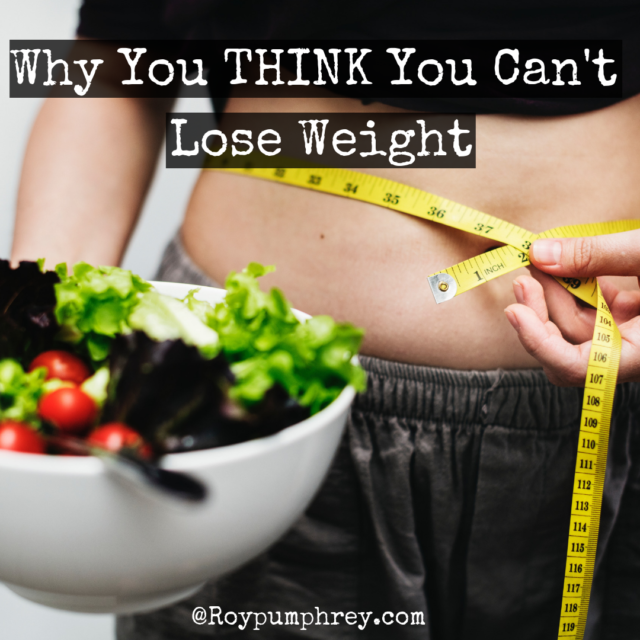
You Eat More Calories Than You Burn
You can stop here if you want…
I know, you’re not eating that much.
You only had a salad for lunch and chicken and broccoli for dinner last night.
Why You THINK You Can’t You Lose Weight
aka. the excuses you’ve given yourself….
I’ve heard them all, but these are the most common and maybe the most damning.
Why the most damning?
Because they’re usually just straight up excuses.
These are things that someone has convinced themselves of without any real thought or education on the matter.
And most of them are a simple effort to remove responsibility and control.
Weight loss, and sustained weight maintenance is REALLY hard, as is.
But you can control it.
If you can get rid of your BS excuses..
“My Hormones Are Off.”
In all seriousness, SOME hormones DO play a role in weight management and some people do have legit hormone issues.
When it does happen, its usually the thyroid…
But that’s probably not YOUR problem.
In fact, in the last 16 years of training people….
I’VE NEVER HAD A CLIENT WITH A HORMONE ISSUE WHEN IT COMES TO WEIGHT.
Sorry haven’t.
“Although changes in the lifestyle factors discussed in this paper may result in weight control through hormone regulation and non-purposeful calorie restriction, the ultimate goal of any weight loss strategy is to expend more calories than one ingests. As is well-known, this may be accomplished by increasing exercise, by decreasing caloric intake, or by both simultaneously. More than likely negative caloric balance will have to be reached through some sort of dietary restriction” – A Review of Weight Control Strategies and Their Effects on the Regulation of Hormonal Balance
Names like leptin, ghrelin and insulin get thrown around a lot.
Leptin and Ghrelin do seem to effect the “drive” to WANT to eat and Insulin does help store fat…
“these findings indicate that in obese persons who have lost weight, multiple compensatory mechanisms encouraging weight gain, which persist for at least 1 year, must be overcome in order to maintain weight loss. These mechanisms would be advantageous for a lean person in an environment where food was scarce, but in an environment in which energy-dense food is abundant and physical activity is largely unnecessary, the high rate of relapse after weight loss is not surprising. Furthermore, the activation of this coordinated response in people who remain obese after weight loss supports the view that there is an elevated body-weight set point in obese persons and that efforts to reduce weight below this point are vigorously resisted. In keeping with this theory, studies have shown that after adjustment for body composition, people whose weight is normal and those who are obese have similar energy requirements for weight maintenance and equivalent reductions in energy expenditure after weight loss.” – Long-Term Persistence of Hormonal Adaptations to Weight Loss
But these hormones DO NOT MAGICALLY MAKE YOU GAIN WEIGHT.
If they did the lean people studied would gain fat too.
Yes, you may want to eat more than you need, but there is no magical “fat” hormone that you’re the unfortunate victim of.
“I Have a Slow Metabolism, AKA “It’s My Genes”.
I do have a client with a legitimately, lab tested, slow metabolism.
But her metabolism is just slow. <—-and YES, that REALLY F-ing sucks and makes weight loss harder..
However, slow, isn’t non-existent.
Her cells still need to operate all day every day <—that’s what metabolism is, the sum total of the energy expenditure of your cellular processes.
And guess what?
Even if you do have a slow metabolism, in a caloric deficit, weight loss occurs.
The truth is the Resting Metabolic Rate (RMR) of obese and lean people is actually…basically the same,
“RMR was similar in the obese vs. lean women (1601 +/- 109 vs. 1505 +/- 109 kcal/day, respectively, P = 0.12, adjusting for FFM and FM). Obese women sat 2.5 h more each day (12.7 +/- 3.2 h vs. 10.1 +/- 2.0 h, P < 0.05), stood 2 h less (2.7 +/- 1.0 h vs. 4.7 +/- 2.2 h, P = 0.02) and spent half as much time in activity than lean women (2.6 +/- 1.5 h vs. 5.4 +/- 1.9 h, P = 0.002).”- Differences in daily energy expenditure in lean and obese women: the role of posture allocation.
Look at that quote again.
Focus in on the RMR, resting metabolic rate.
On average, its higher in the obese subjects….
Here’s the conclusion from the same study,
“RMR was not lower in the obese women; however, they were more sedentary and expended less energy in activity than the lean women. If the obese women adopted the activity patterns of the lean women, including a modification of posture allocation, an additional 300 kcal could be expended every day.”
The obese women in the study just plain DID LESS “ACTIVITY” than the lean women, burning fewer calories everyday.
Obesity wasn’t because of a “slow metabolism”.
“Participants with a low baseline RMR (metabolism) do not appear to be at a disadvantage for WL (weight loss).”- The associations of resting metabolic rate with chronic conditions and weight loss.
Just “Getting Older”
All things being equal.
You don’t change your calories, exercise, non exercise activity etc. you’re metabolic rate will slow some as you age.
The one unmodifiable truth is, unless you go on Barry Bonds and Ken Caminiti levels of Growth Hormone, your organs will shrink as you age and use less energy.
“With aging, we conclude that reductions in the mass of individual organs/tissues and in tissue-specific organ metabolic rate contribute to a reduction in RMR that in turn promotes changes in body composition favoring increased fat mass and reduced fat-free mass” –Body composition changes with aging: The cause or the result of alterations in metabolic rate and macronutrient oxidation?
So, we’re all kinda screwed with that.
But the other age related excuses reasons?
“I Have Sarcopenia, AKA Age Related Muscle Loss”
If you do nothing, you will lose muscle mass as you age.
This loss begins at about age 30 and continue until death.
Sarcopenia, is not linear.
This muscle loss will be punctuated with periods of plateaus and accelerated loss.
With the periods of loss lengthening and accelerating with age.
Sarcopenia, losing muscle, WILL lower your RMR.
But probably not as much as most think.
“scientific estimation of the metabolic rate of muscle is about 10 to 15 kcal/kg per day, which is approximately 4.5 to 7.0 kcal/lb per day” – Len Kravitz, PH.D Ex phys OG
I used to tell people that a pound of muscle was up to 50 calories a day…boy, was I wrong, sorry about that.
Sarcopenia is Insidious
It’s not a HUGE amount of calories a day per pound of muscle lost.
But lose 10lbs between 30 and 50?
At age 50 you’re burning up to 75 fewer calories a day than at 30.
That’s 525 fewer a week, 27,300 a year.
Continue eating the same amount of calories per day at age 50 as you did at age 30.
You are potentially,
Gaining 8lbs of FAT a Year.
And the deficit is INCREASING everyday as you get older and sarcopenia keeps trucking along.
Is Sarcopenia Inevitable?

#1 Just go to a gym, there are jacked old dudes everywhere.
Yes, you’ll probably need to go to the gym to find them.
That’s where the weights are.
For them to lift, and stay jacked.
You can go lift some too, I hear it’s good for you.
#2 Lifting weights has been shown to HALT or REVERSE sarcopenia.
“Older men can indeed increase muscle mass lost as a consequence of aging,” says Dr. Thomas W. Storer, director of the exercise physiology and physical function lab at Harvard-affiliated Brigham and Women’s Hospital. “It takes work, dedication, and a plan, but it is never too late to rebuild muscle and maintain it.”- Preserve Your Muscle Mass (Harvard)
Use it Or Lose It
Your muscle mass doesn’t just leave.
Muscles are in a constant state of flux.
They are always either growing or shrinking (anabolism vs catabolism).
Your muscles didn’t fade away because you turned 40.
They left because you chose Seinfeld reruns over lunges.
“Overall, the most prominent cause of sarcopenia is inactivity. Exercise (muscle contraction) causes the release of muscle growth factors [insulin growth factor (IGF-Ea) and mechanogrowth factor] to activate satellite cells and protein synthesis. This leads to muscle regeneration. All these processes are less active with ageing.” –Sarcopenia and Exercise “The State of the Art”
Age related muscle loss is primarily a result of the muscles NOT BEING STRESSED and/or not given adequate nutrition (protein) to rebuild.
Older adults definitely have higher protein requirements than younger adults due to decreased absorption.
Protein requirements are even higher if you’re smashing weights.
“You Just Get Old And Fat”
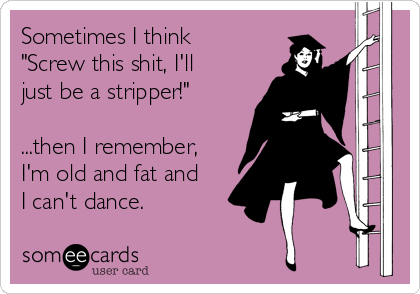 A family member told me that once.
A family member told me that once.
“You just get old and fat.”
Or you just do less…and eat the same (or worse).
Maybe the driving reason as to why many gain weight as they age is just because of energy balance and not necessarily the calendar?
“Women who enter midlife with a greater level of PA and maintain it, or those who increase their PA after menopause, have a lower tendency to gain weight than do their less-active peers“ –Weight Gain in Women at Midlife: A Concise Review of the Pathophysiology and Strategies for Management
“a lot of mid-life weight gain happens because we become less active. Jobs and family push exercise to the back burner. When we do not move as much, we lose muscle and gain fat.”- Can you boost your metabolism?
Again, energy balance.
“For Me, It’s the Artificial Sweeteners”
It’s the artificial sweetneners tricking your body into gaining weight..
Seriously, I get told that at least once a week.
EVERYWEEK.
*Even though this would violate the law of thermodynamics, but what of that?
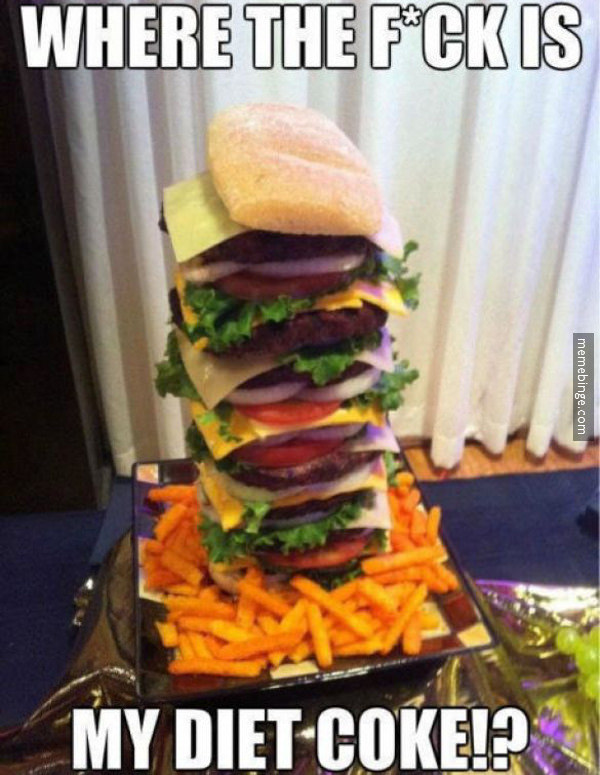
I don’t know how to say this, but…..
EVERYTIME CALORIES, you know the things that control your weight, have been controlled for, drinking artificial sweeteners has a neutral or slightly positive effect on body weight.
among participants enrolled in a comprehensive weight loss program, regular users of NNS beverages who were asked to consume NNS beverages lost significantly more weight, and maintained significantly greater weight losses, over 1 year than subjects asked to stop NNS beverage consumption and consume water alone. These results provide support for the use of NNS beverages as a tool to help with weight loss and maintenance.- The effects of water and non‐nutritive sweetened beverages on weight loss and weight maintenance: A randomized clinical trial
The preponderance of evidence from all human randomized controlled trials indicates that LES do not increase EI or BW, whether compared with caloric or non-caloric (for example, water) control conditions. Overall, the balance of evidence indicates that use of LES in place of sugar, in children and adults, leads to reduced EI and BW, and possibly also when compared with water.- Does low-energy sweetener consumption affect energy intake and body weight? A systematic review, including meta-analyses, of the evidence from human and animal studies
Literally in EVERY SINGLE RCT (randomized controlled trial) I’ve ever seen the “artificial sweetener” group has more weight loss than the sugar sweetened group with comparable or better outcomes than water when its used as the control.
It’s only the studies that rely on questionaries’ and dietary recall that find positive weight gain with consumption.
Don’t Move the Goal Posts
Now, I’m NOT advocating you start pouring packets of Sweet-N-Low, Equal or whatever else into all your beverages.
But, especially if you have a weight issue, its probably better for you than sugar.
Based on the evidence I’ve seen, I think, they provide a nutritional net positive when it comes to weight loss.
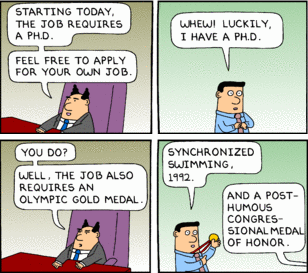
That said, whenever I bring this up, I get A LOT of pushback and INSTANTLY goal posts get moved and people start talking about “gut health”, “strokes” and “headaches” even cancer.
*While I would say the evidence points to those being false fears too, that’s another article for another day.
For now, the zero calorie, aspartame sweetened, Diet Coke?
It’s not tricking your body and it’s not adding to the waistline.
If you want some good quick and dirty versions of the science regarding artificial sweeteners Gastropod and Science VS have both done some good podcasts on the issue.
Weight Loss Is Simple, not always easy,
Calories in Vs. Calories Out
So what is actually impeding your weight loss efforts?


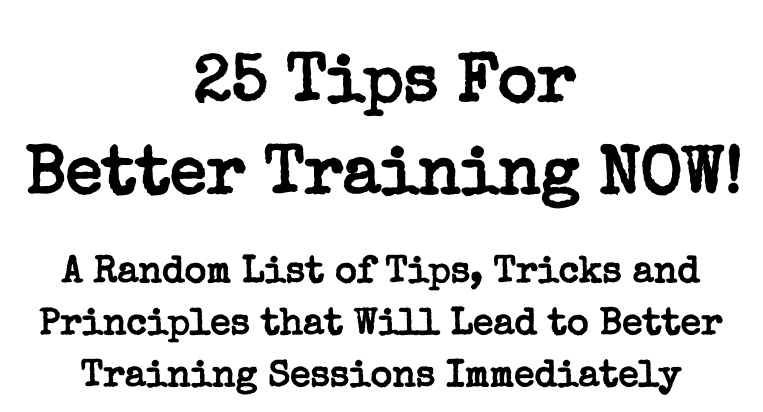
[…] “Do THIS magic thing and you’ll finally be everything you wanted“. […]